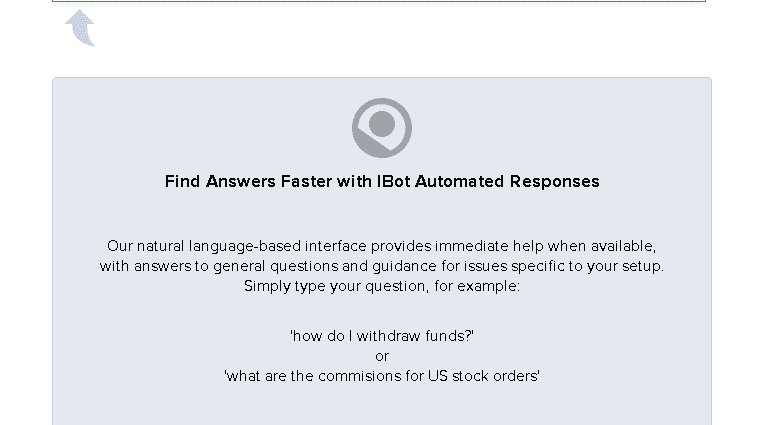Contents
- Everything you need to know about CP
- Does CP represent a big change in the child’s life?
- My child can already read. Can he “skip” the CP?
- If my child learns to read faster than others, will he move on to third grade before the end of the year?
- Can we “repeat” the CP?
- What is the place of play at CP?
- When will my child be able to read?
- What subjects are taught at CP?
- How long does recess last at CP?
- Will my child learn a foreign language at CP?
- Do you learn to swim at CP?
- Are written homework assignments prohibited?
Everything you need to know about CP
Does CP represent a big change in the child’s life?
Yes and no. Yes, because the pace is more sustained: your child becomes a pupil and truly enters into learning. Buthe CP is also the second year of cycle 2, known as “fundamental learning”, which started in the large kindergarten section.. It is therefore part of a continuity. Your child has already acquired essential skills to approach reading: language proficiency, graphics, fine motor skills, landmarks in space.
My child can already read. Can he “skip” the CP?
It is indeed possible, if certain conditions are met. Pto “skip” the first grade, in addition to reading, other skills must be acquired. If this is the case, the cycle council meets after a period of observation in the class (until All Saints’ Day or in February) and can consider a passage in CE1 with the agreement of the child, the parents. and the school psychologist. If, on the contrary, this class leap is not considered by the educational team, do not be disappointed. : for your child, this year of CP will be rich in lessons and discoveries of all kinds.
If my child learns to read faster than others, will he move on to third grade before the end of the year?
No, with some exceptions. Do not be afraid that he is wasting his time. The classes are rarely homogeneous and the pupils are divided into groups of levels, allowing some to work more independently. This is called the “personalized educational success project”.
Can we “repeat” the CP?
Today, we no longer “repeat”, we “maintain” a child in a class. Legally, maintenance can be considered at the end of the cycle (CE1 and CM2) but it can happen, exceptionally, to offer a maintenance in CP, if the teaching team (teacher, school psychologist, Rased) considers that it will be beneficial to the student. ‘child. And of course with the consent of the parents, who can oppose it.
What is the place of play at CP?
In kindergarten, learning always takes the form of games. This is no longer the case in CP, even if some activities remain fun. Your child becomes a pupil, with all the constraints that this implies.
When will my child be able to read?
Your child must know how to read by the end of CE1: he therefore has two years ahead of him. Everything will depend on its pace: some children learn to read quickly, others are slower in this area, but develop other skills more quickly. A child who cannot read at the end of CP will still go to CE1, with some exceptions. At the start of the CE1 year, national assessments are carried out to detect learning difficulties and offer individualized support.
What subjects are taught at CP?
The lessons are organized around several axes:
- Mastery of the language and the French language: reading, writing, development of oral skills …
- Mathematics: understanding numbers and their writing, learning mental arithmetic …
- Living together: learning to respect the rules of life, to collaborate on a common project …
- Discovery of the world: learn to locate oneself in time (calendar, clock, etc.), in space (map, terrestrial globe, etc.). First notions of science around observations of animals, plants …
- Artistic education
- Physical education and sport.
How long does recess last at CP?
There are two breaks per day, in the morning and in the afternoon, of 15 to 20 minutes each. They are part of school time. There is also one at 16:30 p.m., if your child is staying in study.
Will my child learn a foreign language at CP?
Since 2008, the teaching of a modern foreign language has started in CE1. Usually an hour and a half a week. However, in some establishments, awakening to a foreign language begins in kindergarten or first grade.
Do you learn to swim at CP?
Swimming lessons vary according to the academies. In Paris, they start in March, in CP, last the whole year of CE1, six months in CE2 and six months in CM2.
Are written homework assignments prohibited?
Legally, written homework is prohibited throughout elementary school education. However, lessons are allowed. In practice, it is necessary to qualify. This can be useful for “fixing” learning and your child will certainly be instructed to write a few words, numbers, poetry, from time to time after school. In fact, many parents put pressure on teachers to have their children written homework.










